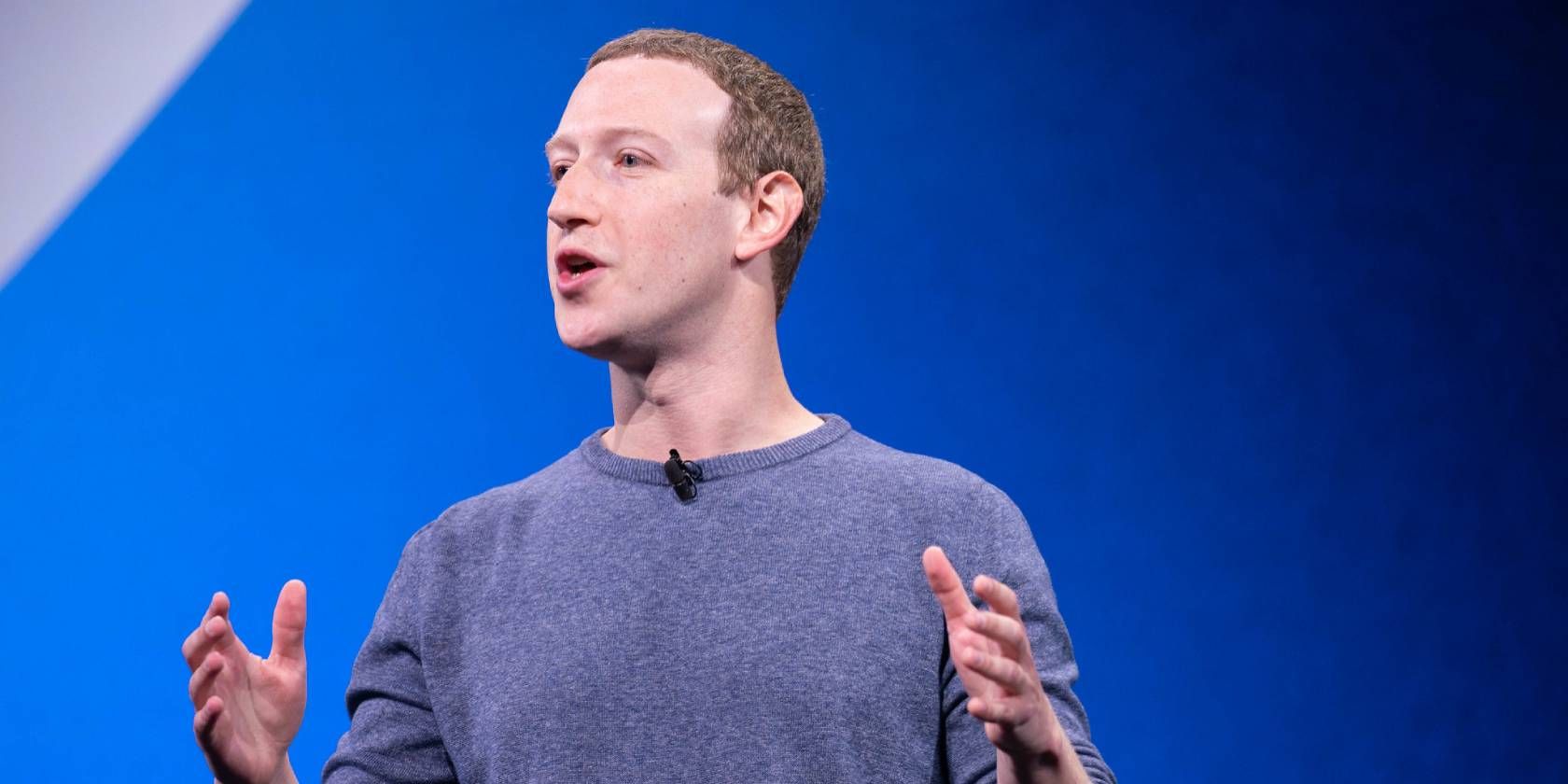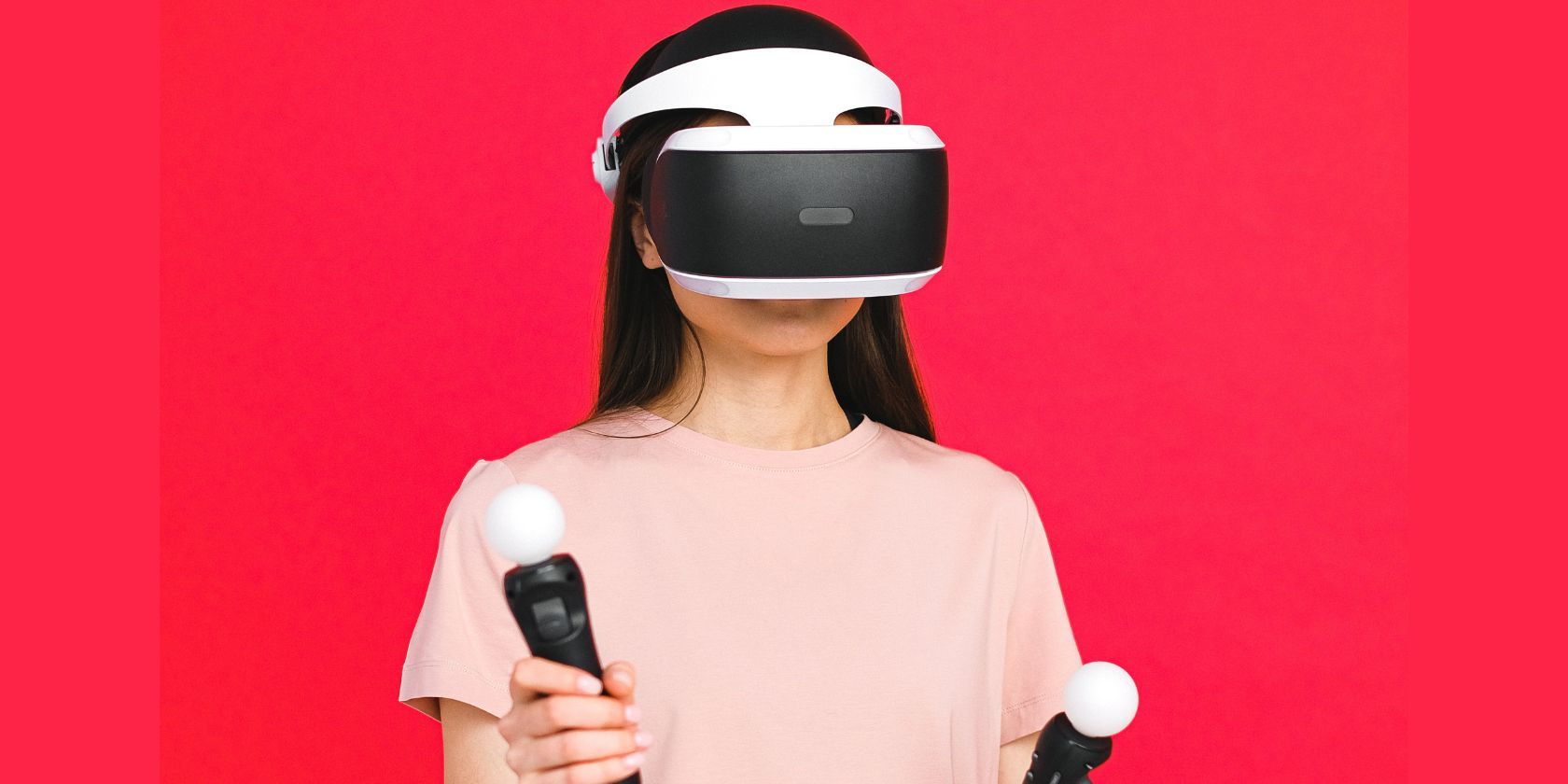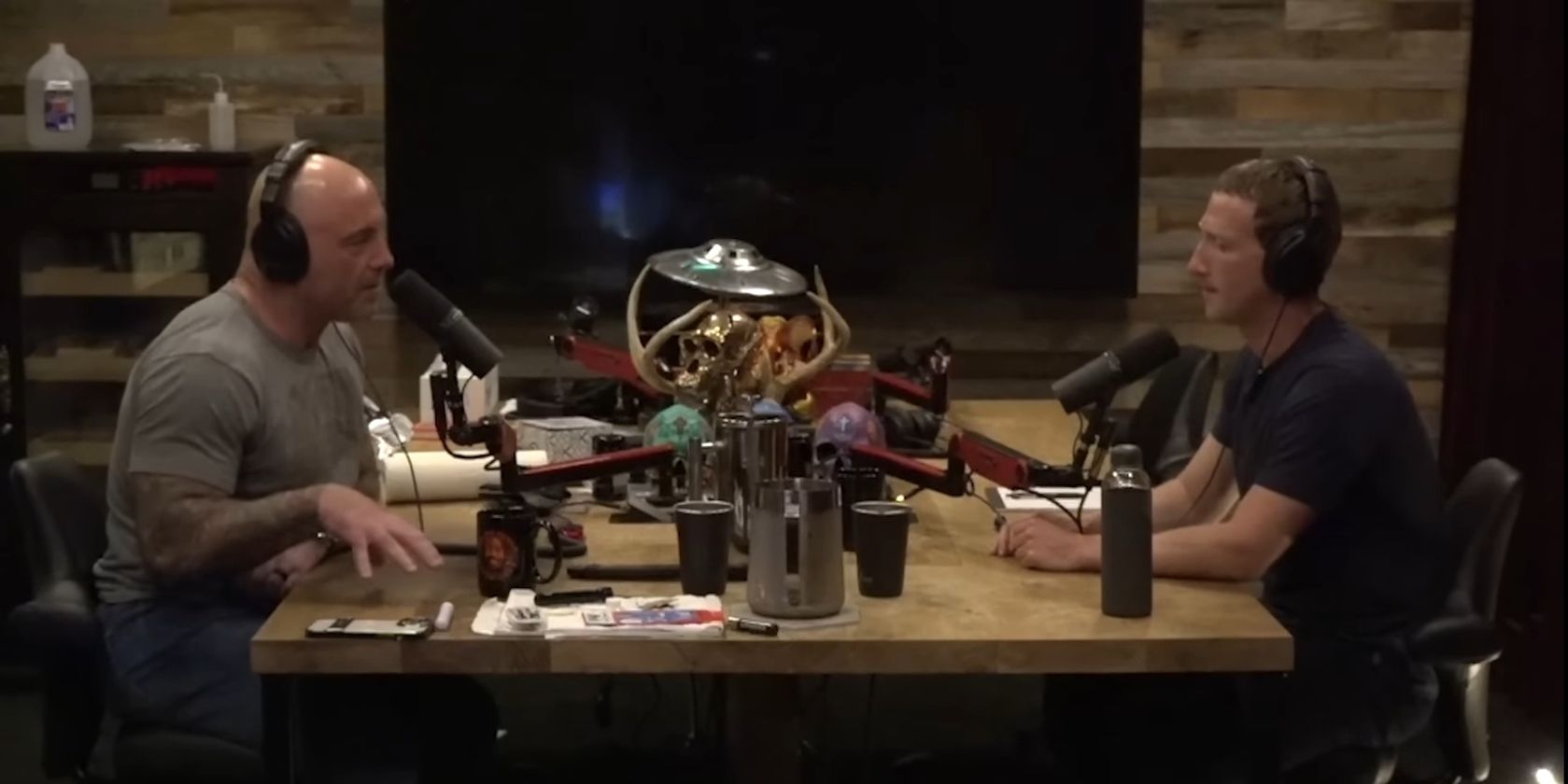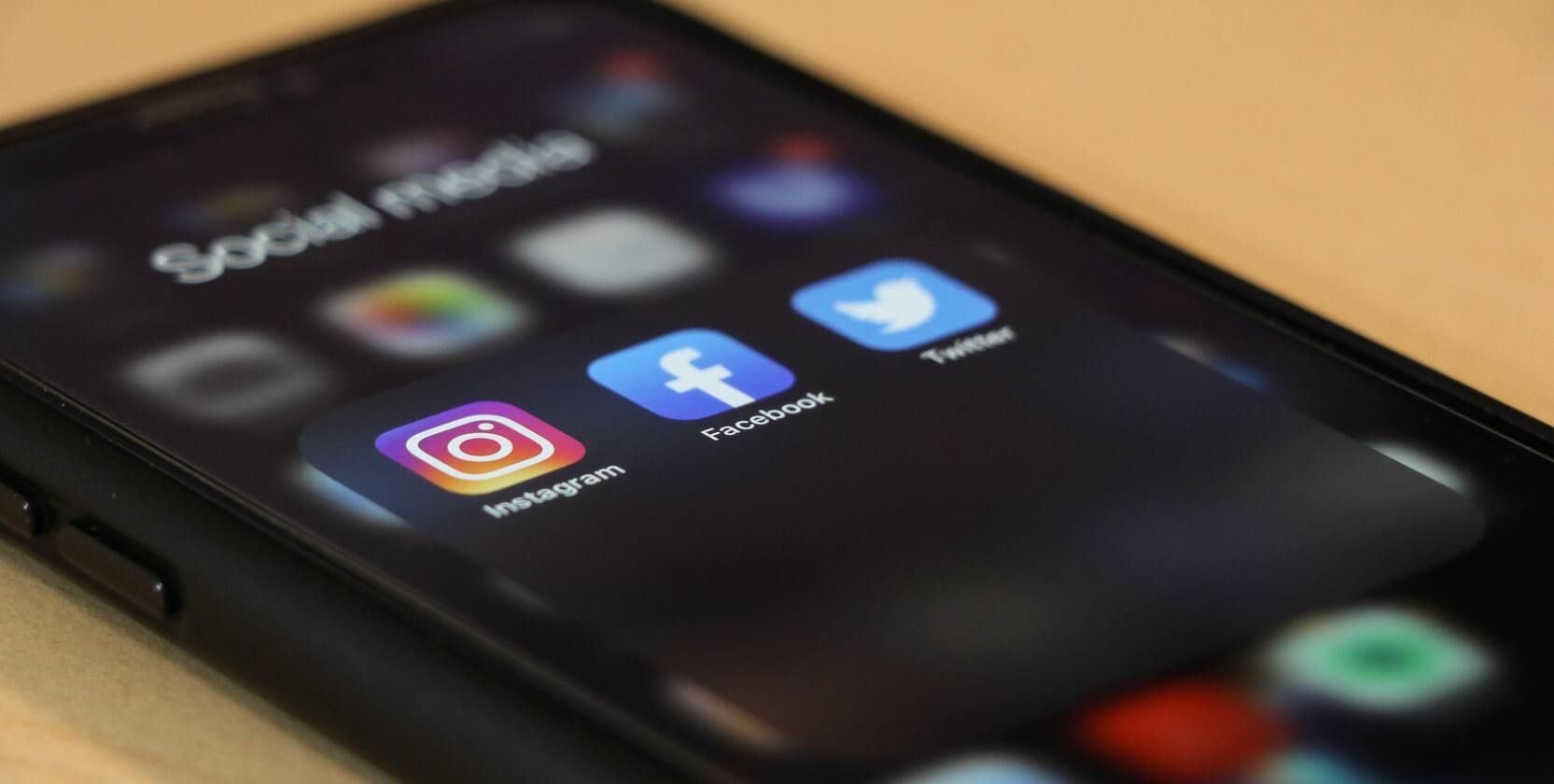In what many termed a surprise appearance, Meta CEO Mark Zuckerberg was a guest on The Joe Rogan Experience podcast. Zuckerberg covered various topics around virtual reality, social media, censorship, and his personal interests.
From the discussion, we learned a few things from the Meta CEO in regard to the future of VR, how he interacts with social media, his hobbies, and most notably his stance on social media censorship after the Hunter Biden laptop controversy.
Here are five key takeaways from the three-hour-long interview covering the different topics.
1. Meta Will Launch a New VR Headset in October 2022
Zuckerberg started the interview by announcing Meta’s new VR headset coming out in October 2022. Having seemingly tested it with Joe Rogan before the podcast, the pair mentioned advanced facial and eye tracking improvements on the new piece of technology, plus some elements of mixed reality.
In regard to the future of VR, the Meta CEO is actively working on expanding tracking to all parts of the body with just a headset. He also mentioned working on a haptic feedback glove that would make it possible to feel items like balls. However, Zuckerberg stressed that they're working towards making VR work without additional accessories.
2. VR Games Might Revolutionize the Fitness Industry and Remote Work
Unlike traditional games, VR games involve lots of body movements. Games like boxing and fencing that Rogan and Zuckerberg tried out on the upcoming VR set are quite proactive according to the duo, and it makes sense.
The 2020 pandemic showed us that some industries have a growing demand for remote work. However, working virtually via conference calls leaves a hole in the human need for in-person interaction. VR will enhance human interaction in such instances as more people adopt it.
Only time will tell whether these benefits will become a reality as more people buy into VR and prices go down.
3. Fact-Checkers Ruled That Hunter Biden Article Wasn't Fake News
Joe Rogan queried whether Zuckerberg had any regrets about restricting the Hunter Biden laptop story on Facebook during the 2020 election campaigns. The Meta CEO explained that Facebook tweaked its algorithm to curtail the distribution of the Hunter Biden story by the New York Post.
According to Zuckerberg, Facebook made the decision based on the FBI's warning to the company to be on high alert for alleged Russian propaganda. However, after fact-checking, he stated that there were no signs of the story being fake. But during the fact-checking process, the story was ranked lower in timelines to restrict its reach.
Zuckerberg likened the turn of events to a case of being guilty until proven innocent. “It sucks in the same way that probably having to go through a criminal trial, but being proven innocent in the end sucks,” he said. "It still sucks that you had to go through a criminal trial."
In his explanation, he also pointed out that Twitter completely limited the Hunter Biden story. "Our protocol is different than Twitter's,” Zuckerberg said. “What Twitter did is they said you can't share this at all. We didn't do that."
At the end of it all, the fact-checking sector needs some reforms to ensure fair moderation of news and information.
4. Social Media Can Improve Social Discourse
Despite the shortcomings of social media, the interview brought about the aspect of ordinary people being able to interact like never before and learning from each other. As Zuckerberg points out in the interview, the diversity in opinion and culture online has significantly more benefits than when people used to only rely on mainstream media. In the long run, social media could be a good thing for humanity.
It’s worth noting that Zuckerberg seemed to downplay the possibility of social media being the cause of significant levels of current social strife. He focused more on the positive parts of being interconnected but his description of checking his messages as “...it’s almost like every day, you wake up, and you’re punched in the stomach,” indicated otherwise. But it’s true that social media can be good for you.
5. Unchecked Social Media Usage Can Be Detrimental
Rogan also raised concerns about how heated exchanges with strangers online can be detrimental to one's well-being. Zuckerberg responded by admitting that he also struggles with avoiding getting sucked into online negativity. “I struggle with this too…”, he said, “...on the other, some of this is free product feedback,” he added.
Even though he went on to explain how to channel the negativity into constructive criticism; the fact that the founder of the biggest social media platform also struggles should be a wake-up call to internet users on the negative effects of social media.
The Meta CEO at some point termed Instagram as a “super positive space,” due to its specialization in photos. He was comparing the social media platform to Twitter which he claimed is wired to upset people. Zuckerberg might have had a point here, but he was ignoring the ramifications Instagram images may have on people's mental health. Instagram is still a social media platform like any other.
Zuckerberg Outlines Future Work
Despite his obvious bias against his competitors, Mark Zuckerberg gave some interesting insight into what the future of VR technology holds and how it may change our lives for the better.
On a lighter note, he mentioned surfing as his main hobby which helps him stay away from the crazy world of social media and his newfound love of mixed martial arts. He also talked about how he enjoys spending time with his family especially teaching his kids how to code among other activities.




